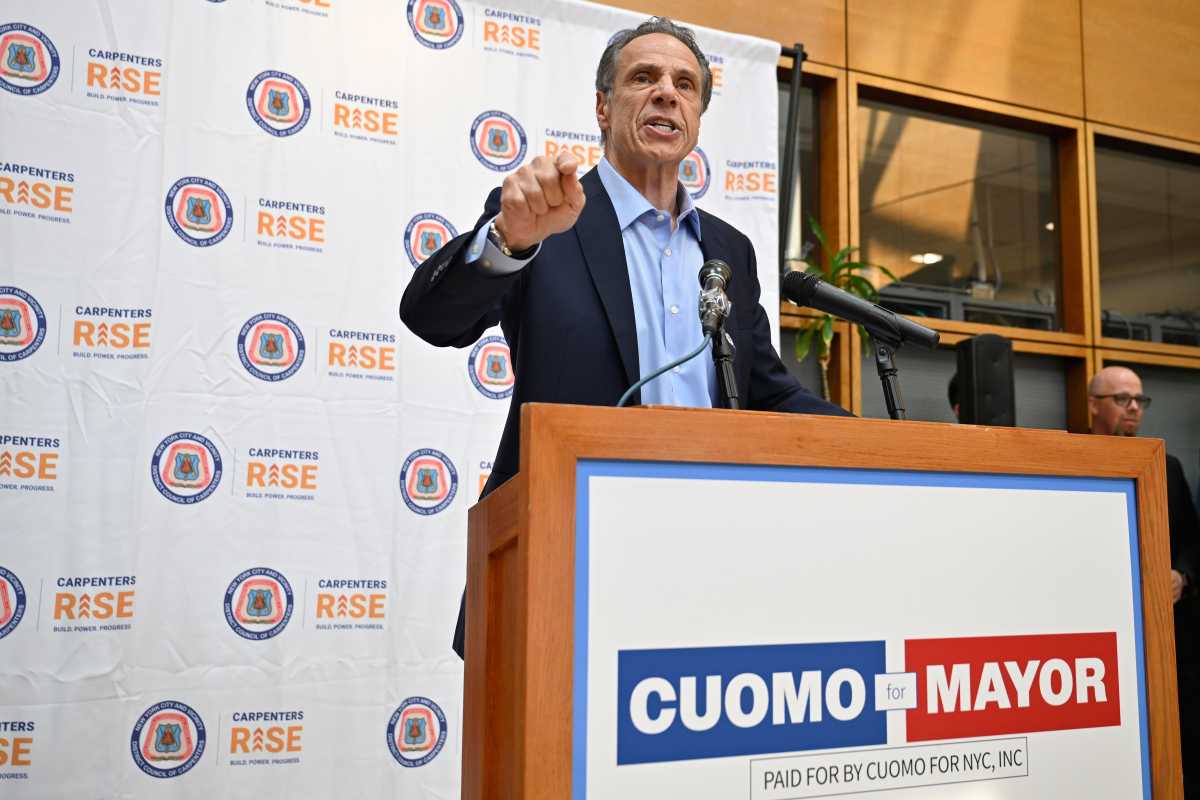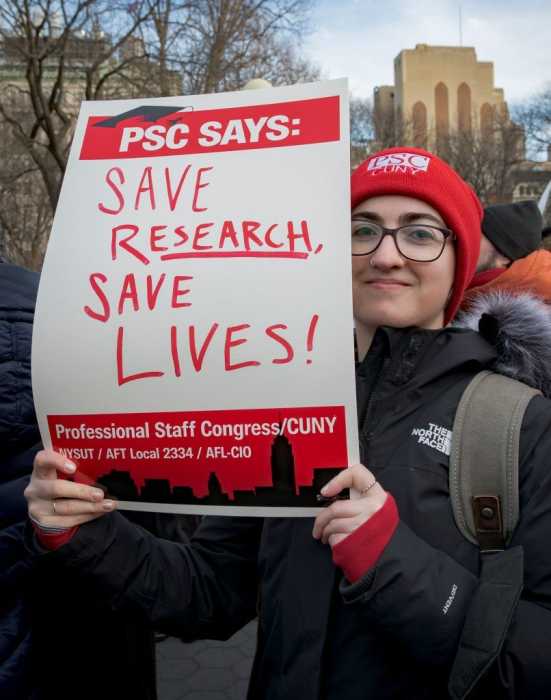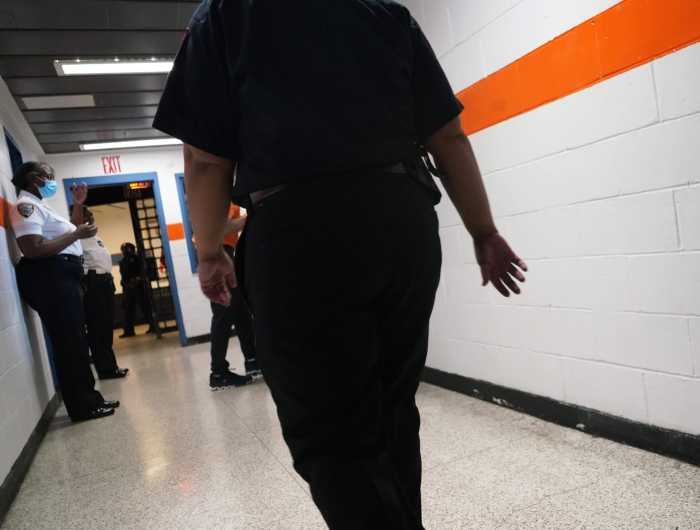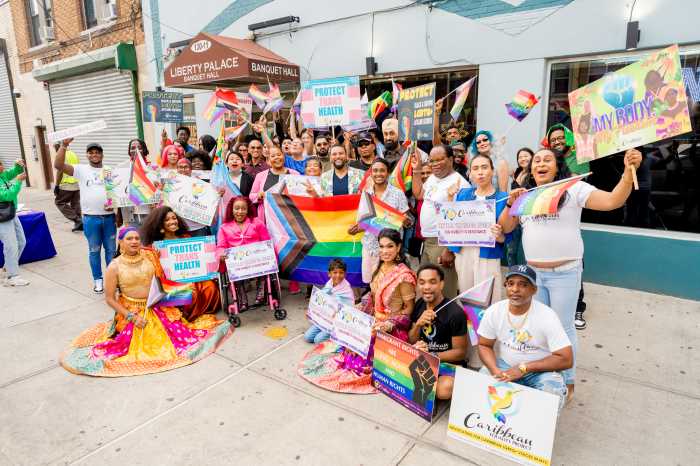Playing the role of the world’s police officer once more, the U.S. is getting involved in the search for nearly 300 girls recently kidnapped in Nigeria by a violent, fundamentalist Islamic organization that has no problem killing anyone in its path.
Since its inception in 2002, the terrorist group Boko Haram burned many Christian churches, destroyed schools (as they believe a “western education” is evil) and slaughtered an estimated 10,000 people in their bloody campaign to establish in Nigeria a “pure” Islamic state under sharia law.
For years, Boko Haram’s violent campaign went unnoticed by the western world-but for whatever reason, its recent abduction of young girls struck a nerve abroad. The organization’s leadership said it would “sell them in the marketplace for $12”; human rights experts indicate many of the victims would likely be sold to the sex trafficking trade, while others would be forced into marriage to fundamentalist Islamic men.
The crime, like the others Boko Haram perpetrated, is an outrage. Their reign of terror has persisted due to Nigeria’s convoluted government and the incompetence of its president, Goodluck Johnson, who only now accepted American assistance weeks after the kidnappings began.
Nigeria, an oil-rich nation, is nonetheless deeply divided on theological, social and geographic terms. The northern part of the country is largely Muslim and severely poor, while the south is predominantly Christian and in better financial shape. Its dithering government, combined with collective global ignorance of the situation, allowed Boko Haram to grow in strength, power and brutality.
Outraged by the mass kidnapping, hundreds of demonstrators rallied last weekend at Union Square in Manhattan and outside the Nigerian embassy in Washington, D.C. demanding action. The 20 female members of the U.S. Senate signed a joint letter to President Barack Obama urging new international sanctions against Boko Haram.
The American quest for justice is prompting our incursion into Nigeria to try to help these unfortunate girls and reunite them with their families, if that is even possible now .
Over the weekend, government officials announced military, intelligence and law enforcement officers would assist Nigeria in cracking the kidnapping case, rescuing the girls and bringing their captors to justice.
This is all well and good, but considering our recent military history, our intervention in Nigeria must be limited. The last thing we need is another fiasco like our “humaniarian mission” to Somalia in 1993 that ended up with 18 Americans killed, two Blackhawk helicopters shot down and dead pilots dragged through the streets.
We must tread carefully in Nigeria as we should in other current points of conflict around the world. The U.S. can’t keep fighting other nation’s battles for them.



































